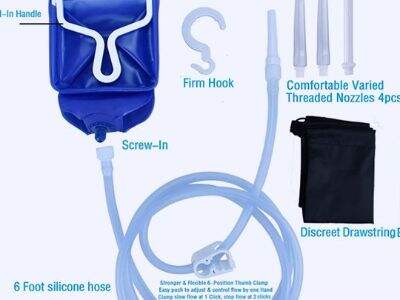Water stoppers and standard sealing methods are two fundamental methods of preventing water from passing through walls and floors. These systems have been used for many years in the construction industry to prevent water from entering buildings. plainNew technology inventions have had many of its new generation and comparison from water stopper to old secretion examples In this article, we will explore the performance of water pipe stopper balloon plug vs traditional sealants. So we want to know which method works better for keeping the water out and our spaces protected.
What are Water Stoppers and Conventional Options?
Before diving into those details and how the two compare, let’s first get to know what these water inflatable stoppers and regular sealing methods are in reality. Water stoppers are unique devices that seal out water through joints, or the gap where two surfaces connect. They are advanced tech made to be extremely efficient in blocking water.
On the other hand, traditional sealing methods employ glue, sealants, concrete and other similar substances to prevent water from penetrating. People relied on these traditional methods in the early days for the most part due to a lack of options. But, as technology has developed, the amount of available water stopper pers has grown significantly. And this makes water stoppers a good choice for a lot of people doing construction work in the modern age.
The Difference Between Water Stoppers and Conventional Sealants
So, how does effective are water stoppers compared to traditional sealants in keeping water out? Here are a few critical aspects to think about. First, conventional sealants must be correctly applied in order to be effective. A good quality material, but applied in the wrong way will aid water in seeping through, thus nullifying the sealant.
By contrast, water stoppers are made to be reliable. After they are installed, they do their work well without the possibility of getting messed up or incorrectly installed. You can trust that water stoppers will keep water out with great effectiveness.
Another key consideration is the longevity of either option.
Traditional sealants can degrade over time, requiring replacement or repair. As a result of this, there is a need for routine checks and maintenance to ensure that they're still doing what they were intended to do. Alternatively, water stoppers once installed, do not require maintenance and hence are much more convenient and easy-to-use solution to keep water out.
In addition, water stoppers can withstand higher water pressures compared to conventional sealants. In the event of heavy rains or flooding, regular sealants may not be able to handle the amount of pressure created by the force of the water. Water stoppers are designed, however, to withstand significant water pressure, meaning they’re a more reliable option in inclement weather.

 AR
AR
 BG
BG
 DA
DA
 NL
NL
 FI
FI
 FR
FR
 DE
DE
 EL
EL
 HI
HI
 IT
IT
 JA
JA
 KO
KO
 NO
NO
 PL
PL
 PT
PT
 RO
RO
 RU
RU
 ES
ES
 SV
SV
 CA
CA
 TL
TL
 IW
IW
 ID
ID
 SL
SL
 VI
VI
 SQ
SQ
 ET
ET
 GL
GL
 HU
HU
 TH
TH
 TR
TR
 GA
GA
 BE
BE
 BN
BN
 SO
SO
 HAW
HAW


